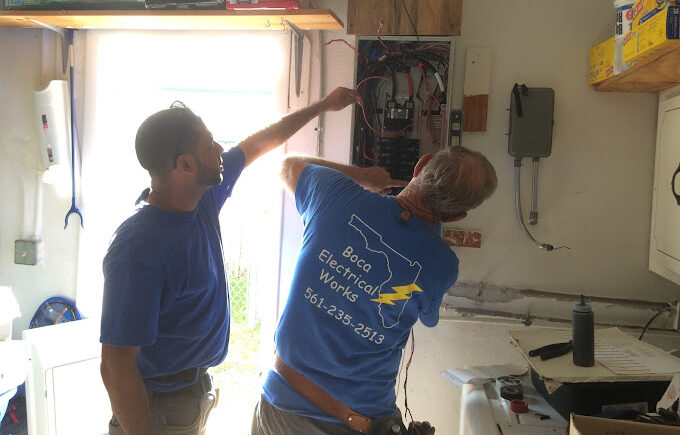
Electrical Repair
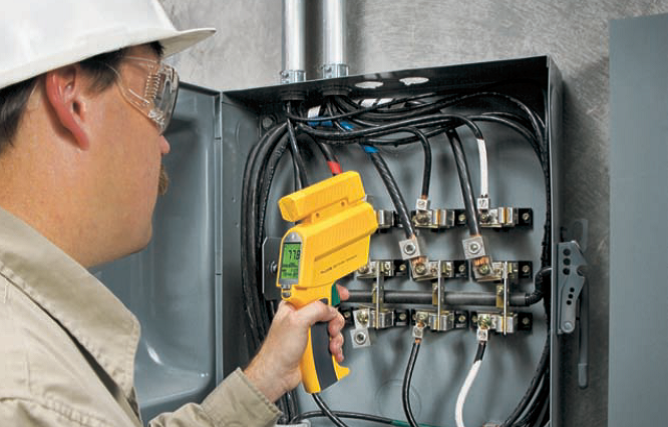
Electrical Safety
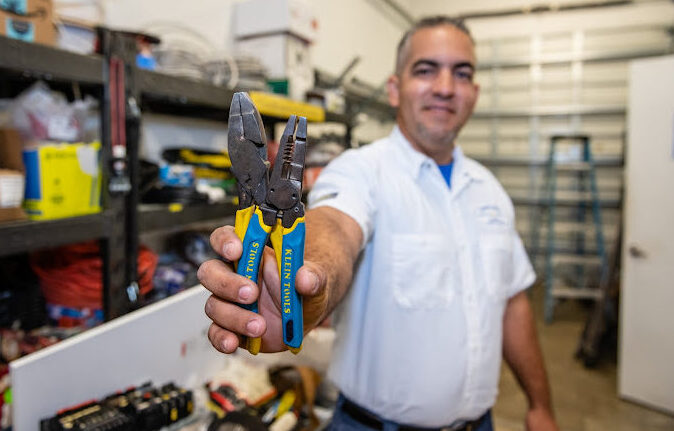
Emergency Services
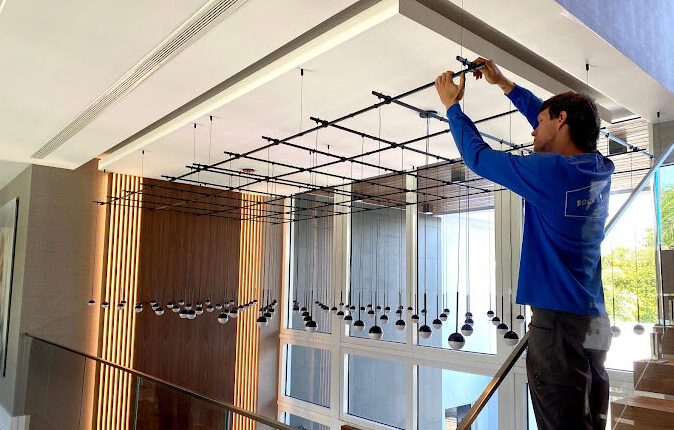
Electrical Installations
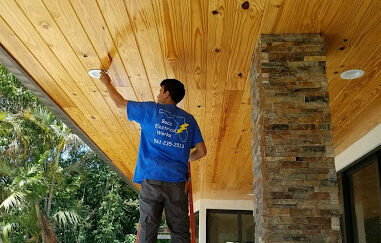
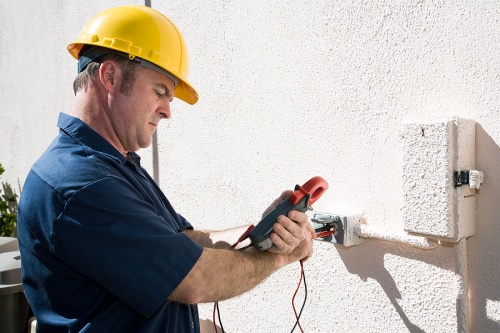
Welcome to our comprehensive guide on home electrical safety, particularly tailored for the vibrant community of Boca Raton.
In this guide, we aim to empower homeowners, business owners, and all residents with crucial knowledge that blends professional expertise with approachable insights. Understanding and implementing these safety measures can make all the difference in safeguarding your home or business against electrical hazards.
Electrical safety is a critical aspect of maintaining a safe living and working environment. Faulty wiring, overloaded circuits, and improper use of electrical devices can lead to dangerous situations, including electrical fires and shocks
In Boca Raton, where both traditional homes and modern establishments coexist, the need for electrical safety awareness is more important than ever.
To appreciate electrical safety, one must first understand the basics of home electrical systems. These systems are the lifeline of your home, powering everything from lights to essential appliances.
Your home’s electrical system comprises several components, including wiring, sockets, switches, and circuit breakers. Each plays a vital role in delivering and managing electricity safely throughout your home.
Let’s break down these components:
Each of these components must function correctly to ensure your electrical system operates safely and efficiently. Regular inspections and maintenance by a qualified electrician can help prevent problems and ensure the safety of your home.
Awareness and identification of common electrical hazards in your home are crucial first steps in preventing accidents and ensuring a safe living environment. Many electrical hazards are not immediately obvious, making it important to understand what to look out for.
These hazards can range from something as simple as a frayed wire to more complex issues like an overloaded electrical system.
Being vigilant about the warning signs of electrical problems can help you address issues before they escalate into serious hazards. Here are some common indicators:
Residential spaces can have specific electrical hazards that homeowners should be aware of. Some of the top hazards include:
By recognizing these warning signs and understanding common hazards, homeowners in Boca Raton can take proactive steps to ensure their homes are safe from electrical risks. Regular inspections by qualified electricians can further aid in identifying and rectifying these hazards.
Remember, electrical safety is not just about avoiding accidents; it’s about creating a secure and safe environment for you and your loved ones.
Tackling electrical projects on your own can be tempting, especially for those who love DIY challenges. However, it’s crucial to understand the boundaries of safe DIY electrical work.
Here’s a quick guide on what you should and shouldn’t do:
Always prioritize safety by turning off the main power if you attempt any DIY electrical work, and never hesitate to consult or hire a professional for tasks that seem beyond your skill level.
Electrical emergencies can happen without warning and require prompt and proper action.
Here’s what to do:
Being prepared and knowing these steps can make a significant difference in the safety and outcome of an electrical emergency.
When it comes to complex or high-risk electrical work, enlisting the services of a professional electrician is the safest and most reliable option. Professional electricians have the training, experience, and tools to handle electrical issues effectively and safely.
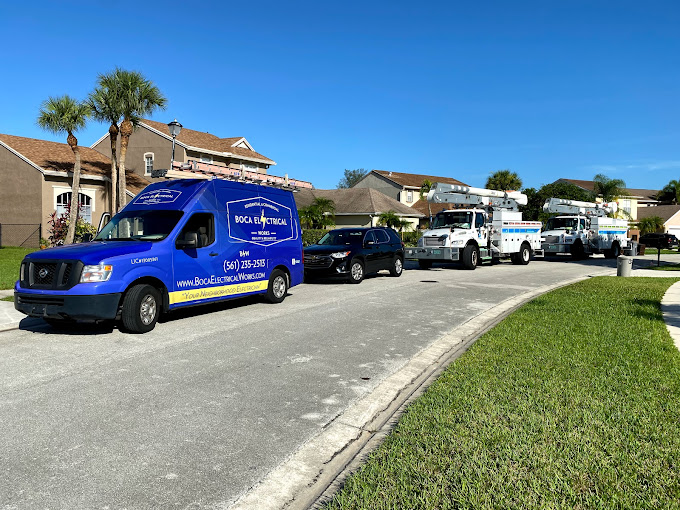
Choosing the right electrical service provider is critical, especially when it comes to the safety and efficiency of your home’s electrical system. If you’re in Boca Raton, Boca Electrical Services stands out as a top choice for several compelling reasons.
Here’s why you should consider Boca Electrical Services for your home electrical safety needs:
This approach indicates that Boca Electrical Services prioritizes your unique requirements and preferences, ensuring a more tailored and effective service.
These key aspects highlight Boca Electrical Services as a trustworthy and capable choice for ensuring the electrical safety and efficiency of your home in Boca Raton.




